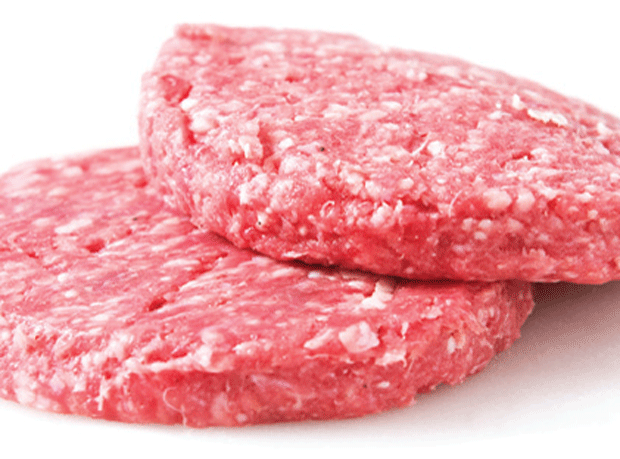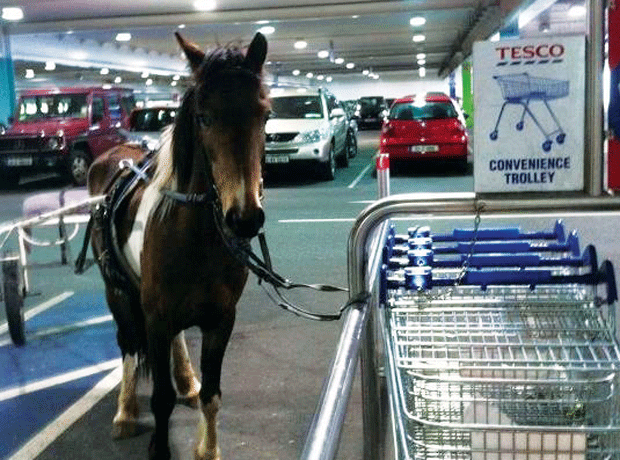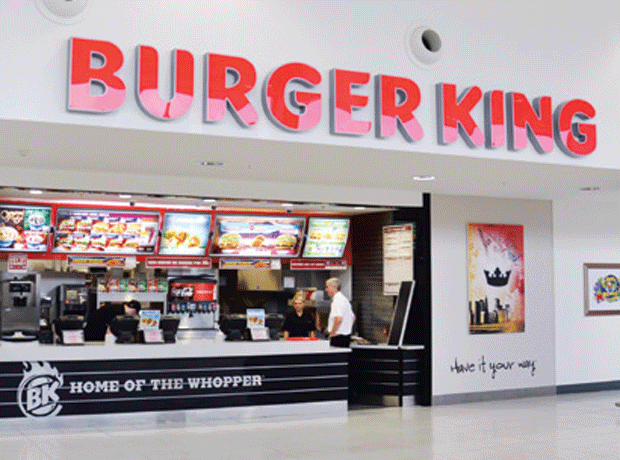The Food Standards Agency and Defra are to conduct a UK-wide study on food authenticity in processed meat products following the discovery of horse and pig DNA in beef burgers sold in the UK and Ireland.
The FSA announced the study – which will also involve the devolved rural affairs departments and local authorities – as part of a four-point strategy for dealing with the fall-out of the scandal and following an emergency meeting with industry this afternoon.
In addition to the study, the FSA said it would continue to review the traceability of the food products identified in the survey by the Food Standards Agency of Ireland and had asked the retailers and processors affected to provide detailed information on traceability by 18 January.
Together with the FSAI, the FSA will also review the methodology used in Irish survey and decide “whether any legal action is appropriate following the investigation”.
The FSA also said the FSAI survey had highlighted two very different cases of contamination. “In all but one case [the Tesco burger containing 29.1% horse DNA], the levels of horse and pig DNA were extremely low,” the FSA said. “The causes of these two problems are therefore likely to be different and the focus of the investigations into the causes will be different.”
Earlier today, ABP – parent company of Silvecrest Foods, one of the suppliers implicated in the scandal – said it was conducting urgent investigations but struggled to make sense of the 29% contamination figure. “We are shocked by the result of these tests, and are currently at a loss to explain why one test showed 29% equine DNA,” it added.
“Current investigations are centred on beef products which originated from two suppliers, and we have today dispatched auditors to their sites to conduct unannounced spot checks. We are conducting our own DNA tests on a wide number of samples and expect the results in the coming days.”
















1 Readers' comment